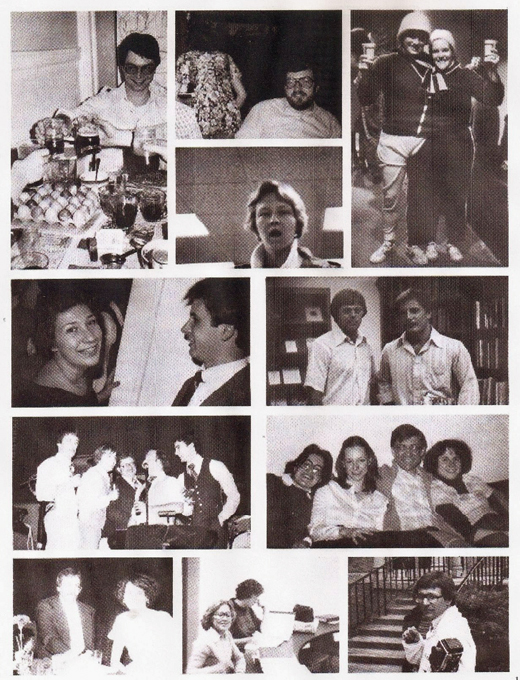Dear Diary: Drop
Monday, November 30th, 2009
All I want to do, lately, is to read books. Yes, books! Not feeds, not blog entries, not even engaging articles in The New Yorker and The New York Review of Books. Books, period, is what I want to read.
And I have plenty of ’em. Although I’ve been running a sizeable backlog of unread books for several years now, the pile-up these days is something like the US deficit: it’s very difficult to imagine ever catching up with it. Worse, I’ve gotten much better at buying books that I’ll really want to read, when I get round to them. My purchases used to be more aspirational: I’d have liked to have read such-and-such a book. That still happens, of course. But the two very meaty doorstoppers in my nonfiction pile, one about the Thirty Years War (Wilson) and the other about the “Glorious” Revolution (Pincus) are absolute must-reads for me; if I read nothing else, I want to have digested them. I’ve already started in on the War, and I’m loving it, but there’s a certain sadness to the sense that I’ll probably never read C V Wedgwood again.
If I read nothing else! I catalogued eight or nine fiction titles at Facebook the other day. It’s true that two of the books don’t really compel me. Another two, I haven’t really even started. I left off Orhan Pamuk’s new book entirely, by oversight. One book, Alice Munro’s Too Much Happiness, contains several short stories that I read when they appeared in The New Yorker and — guess what — I’ve read one again and want to re-read the others. Meanwhile, I’m adoring Ms Munro’s compatriot, Mavis Gallant, whose collection of uncollected stories, The Cost of Living, came out a few months ago.
I meant to read a chapter of John Cheever’s Falconer this afternoon. I read Falconer when it came out, in 1977, before I headed off to law school I should think. Blake Bailey’s highly-regarded biography of the author has given Falconer a boost: it’s now generally considered to be Cheever’s best novel. Novels were not Cheever’s forte; he will be remembered for his short stories. But Falconer is being singled out as worthy of reading all the same, possibly because it addresses a number of themes that Cheever hadn’t dared to write about before.
But I never got to Falconer, because I was overambitious on the paperasse front. The afternoon saw our dining table covered in neat piles of paper, as I gathered caches of documents (receipts, scraps, manuals) from all corners of the apartment. Next to the table was a shopping bag full of discarded items, proof that some progress had been made. But the neat piles have all been stacked, one atop the other, on the bed, in order to make way for dinner (pizza and zucchini sticks — a moral barometer if there ever was one). One forgets how deadly paperwork can be. At some point between around seven-thirty this evening my brain seized up and melted down: Alzheimer paste. On the phone to Kathleen, I babbled. I couldn’t see how I would ever write up the Daily Office.
But that has become the most familiar fear that I know. Happily, I had read my feeds and made my choices, so that, if I couldn’t afford the luxury of reading, I could still produce some writing.
















